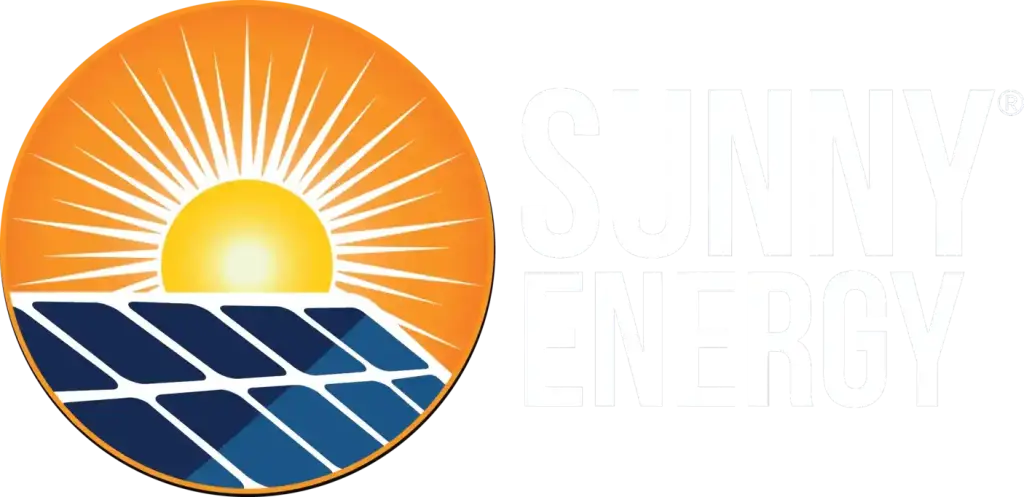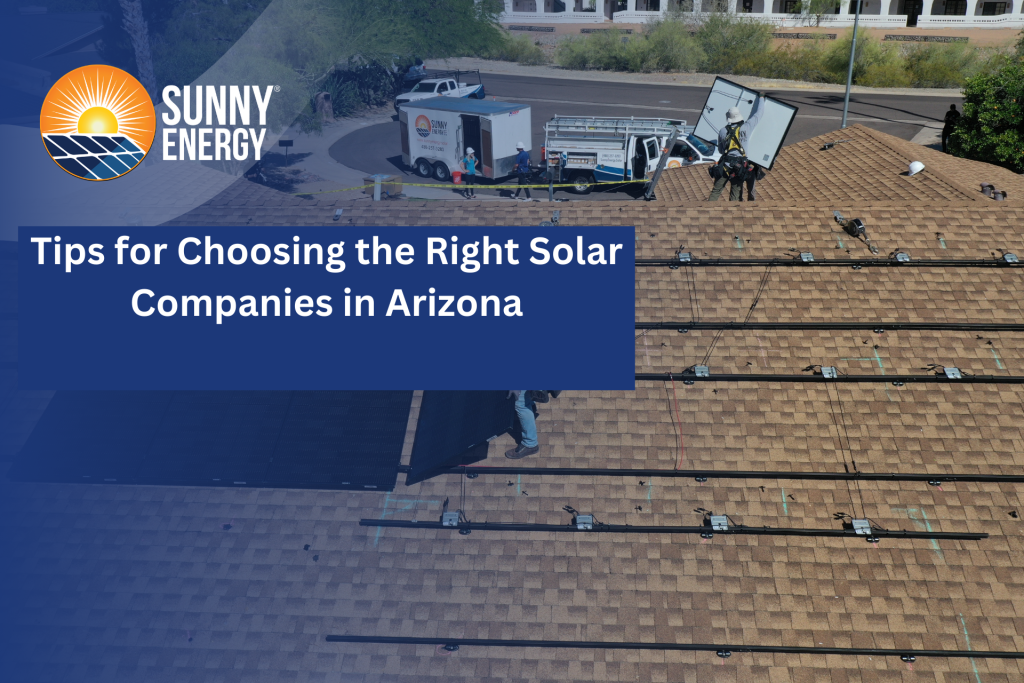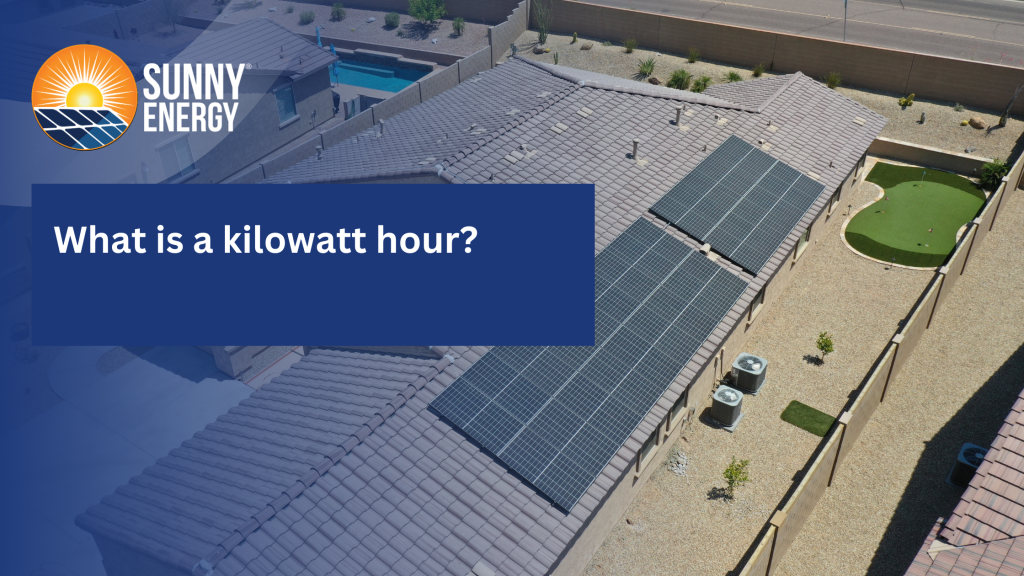In an era where environmental sustainability is at the forefront of global discussions, harnessing renewable energy sources has become imperative. One such eco-friendly solution gaining immense popularity is solar energy. As a leading solar installer and a solar company in Phoenix we believe it’s essential to delve into the fundamentals of solar power, how does solar panel work, and its impact on energy production.
What is solar energy?
Solar energy is the radiant light and heat from the Sun that is harnessed using various technologies for practical use. This energy can be converted into electricity or used directly for heating, lighting, and other applications. The sun is an abundant and sustainable source of energy, and harnessing solar power is considered a clean and renewable energy option.
There are two main ways to harness solar energy and know how does solar panel work:
1. Solar Photovoltaic (PV) systems:
These systems use photovoltaic cells to convert sunlight directly into electricity. When sunlight strikes the semiconductor material in these cells, it generates an electric current. Solar panels, made up of multiple PV cells, are commonly used to capture and convert sunlight into usable electricity.
2. Solar thermal systems:
These systems use sunlight to generate heat, which can then be used for various applications. There are two main types of solar thermal systems:
- Concentrated Solar Power (CSP): This technology uses mirrors or lenses to concentrate sunlight onto a small area, typically to heat a fluid. The heated fluid is then used to generate steam, which drives a turbine to produce electricity.
- Solar Water Heating Systems: These systems use sunlight to heat water directly for residential or industrial purposes.
Solar energy is considered environmentally friendly because it produces little to no air or water pollution compared to traditional forms of energy production. The main challenge is the intermittent nature of sunlight, which requires energy storage solutions or backup systems for periods when the sun is not shining, such as during the night or on cloudy days. Advances in technology and ongoing research continue to improve the efficiency and cost-effectiveness of harnessing solar energy. Now we will discuss how does solar panel work.
Let’s dive into how does solar panel work.
How does solar panel work?
Solar panels, also known as photovoltaic (PV) panels, serve as the cornerstone of solar energy systems. Comprising solar cells, these panels play a crucial role in converting sunlight into electrical energy and that’s how does solar panel work. Within each solar cell, typically made of silicon, sunlight initiates the “photoelectric effect,” energizing electrons and creating a flow of direct current (DC) electricity. To make this energy usable for homes and businesses, an inverter comes into play. The inverter transforms the DC electricity into alternating current (AC), the standard form of electricity for most applications. This seamless conversion ensures compatibility with existing electrical systems, allowing solar-generated power to supplement or replace traditional grid electricity. In essence, solar panels operate by harnessing the sun’s energy at the atomic level, facilitating the creation of a sustainable and eco-friendly source of electricity and know how does solar panel work.
The impact of weather on solar energy production
While solar panels are designed to work efficiently under various weather conditions, it’s essential to understand the impact of weather on solar energy production. Here we will talk about the challenges of weather conditions:
1. Solar panel efficiency in different weather conditions:
Solar panels are engineered to function effectively in various weather conditions, capturing sunlight to generate electricity. The efficiency of solar panels can be affected by factors such as cloud cover, rain, and inclement weather, as they reduce the amount of sunlight reaching the panels.
2. Impact of cloudy days:
Cloudy days diminish the direct sunlight reaching solar panels, leading to a decrease in energy production. Despite reduced sunlight exposure, modern solar panels can still generate electricity on cloudy days due to advancements in technology, although the output may be lower compared to sunny days.
3. Effect of extreme weather conditions:
Harsh weather conditions, such as storms or heavy rain, can potentially impact the performance of solar panels. Physical damage from severe weather events can affect the structural integrity of panels, emphasizing the importance of durable and weather-resistant designs.
4. Advancements in panel design:
Ongoing technological advancements have led to improved solar panel designs that enhance their resilience in adverse weather conditions. Manufacturers are developing panels with increased durability, better resistance to environmental factors, and improved energy-capturing efficiency, ensuring consistent performance despite varying weather patterns.
5. Energy storage solutions:
To address the intermittency of sunlight caused by weather fluctuations, energy storage solutions have become integral to solar energy systems. Batteries and other storage technologies allow excess energy generated during sunny periods to be stored for later use, ensuring a more consistent and reliable power supply, even during cloudy or overcast days.
6. Mitigating challenges for a reliable power source:
The combination of advanced panel designs and energy storage solutions mitigates the challenges posed by weather variations. These technological adaptations contribute to making solar energy a reliable power source, capable of providing a consistent supply of electricity even when weather conditions are less than ideal.
Wrapping up
Now you understand how does solar panel work, let’s start with getting a free solar consultation or solar quote from Sunny Energy. As a leading Arizona solar company Sunny Energy is committed to promote sustainable energy solutions, we believe understanding the intricacies of solar power is crucial for individuals and know how does solar panel work. Solar energy not only reduces our carbon footprint but also provides a reliable and cost-effective alternative to traditional energy sources. Sunny Energy as a best solar company in Arizona has years of experience designing and installing solar systems that perform at the highest levels, produce the maximum amount of solar energy possible, saving you more money over 30 years. Embracing solar power is a step towards a greener, more sustainable future, and we are here to help you harness the power of the sun for a brighter tomorrow. Reach out to us and get a no-hassle quote today.




